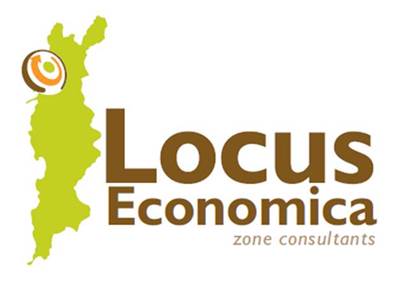Rwanda
Rwanda has been on the rise, economically and socially since the mid 1990´s. Its economy has grown by an average of 7-8% since 2003 and the percentage of people living below the poverty line has dropped from 57% in 2006 to 39% in 2015. Foreign direct investment has surged in recent years from US$42 million in 2010 to $323 million just five years later, with significant growth in industrial sectors.
Much of Rwanda’s recent success can be attributed to its reform-oriented government. Thanks to a series of pro-business policy reforms and low levels of corruption, Rwanda’s competitiveness has increased for five straight years on the World Economic Forum’s Global Competitiveness Report, currently placing 58th. It has the 3rd best business environment in Sub-Saharan Africa (after Mauritius and South Africa) and the 46th best in the world, as measured by the World Bank’s Doing Business Report.
Rwanda’s Special Economic Zones (SEZ) program commenced in 2006 with the designation of the Kigali Special Economic Zone which has received streams of Chinese investment. Since 2011, we have had the privilege of advising the government on the SEZ legal and regulatory framework, on its proposed industrial parks program, and on the establishment of its Special Economic Zones Authority.
Following this work, in January 2018, a new policy was adopted, making it easier to lease land in SEZs. Volkswagen subsequently announced an investment in the Kigali SEZ in June 2018 creating 1,000 jobs. As of December 2018, Kigali SEZ hosted 46 industrial plants and warehouses, with 27 more plants and warehouses under construction, and has created over 15,000 jobs. Bugesera SEZ was approved as country’s second SEZ in November 2018 and, by the following month, had already attracted 20 investor commitments. Huye Industrial Park has attracted 5 factories. Finally, Rwamagana Industrial Zone, announced in May 2018, is expected to create 5,000 direct jobs in 50 factories by 2022.






